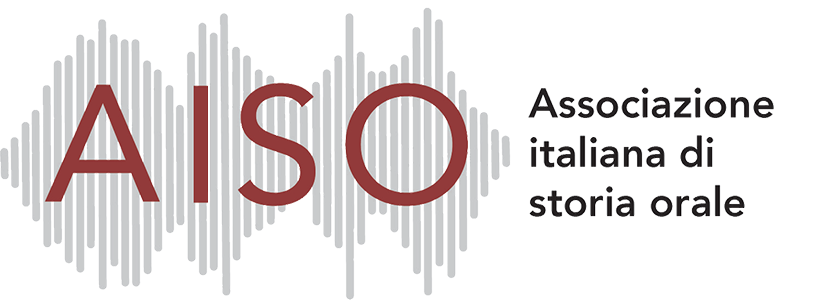Seven decades following the end of World War II and the liberation of the concentration camps, the unprecedented persecution and comprehensive murder campaign of the Jews is a central and challenging point of reflection and coping in the memoryof European history.
The Remembrance and Solidarity Studies Editorial Board invites authors to participate with thematically relevant contributions – only unpublished articles, book reviews, or conference reports will be considered.
As there are several periodicals entirely dedicated to Holocaust research, we intend to focus on issues that are relevant to our journal. As the Holocaust was a European-wide event, we welcome new research in varied disciplines that tackles this dimension, whether in real time or in post-1945 history and memory. Contributions can deal with the following aspects (though other aspects will be considered too):
1) Trans-national recurring characteristics of the persecution, whether on the national, regional and local level (actors, authorities, administrations and conditions);
2) Similarities and differences in the reaction and attitudes of non-Jewish society towards the persecution (offenders, volunteers, spectators, paid and non-paid rescuers);
3) Intellectual and social pioneers of the murder of the Jews, whether individuals or social movements;
4) Actions and survival strategies of Jews coping with the occupation and extermination policies, whether as individuals or in organized form;
5) The memory of and coping with the Holocaust in historiography and historical research, education, literature and the media before, during and after the Cold War; the competition and conflicts in Holocaust Remembrance in general and especially in Central and Eastern Europe;
6) The relevance of the Holocaust to other cases of genocide and to crimes against humanity, as well as evaluations of the discourse on the relationship between the Holocaust and Stalin’s crimes.
